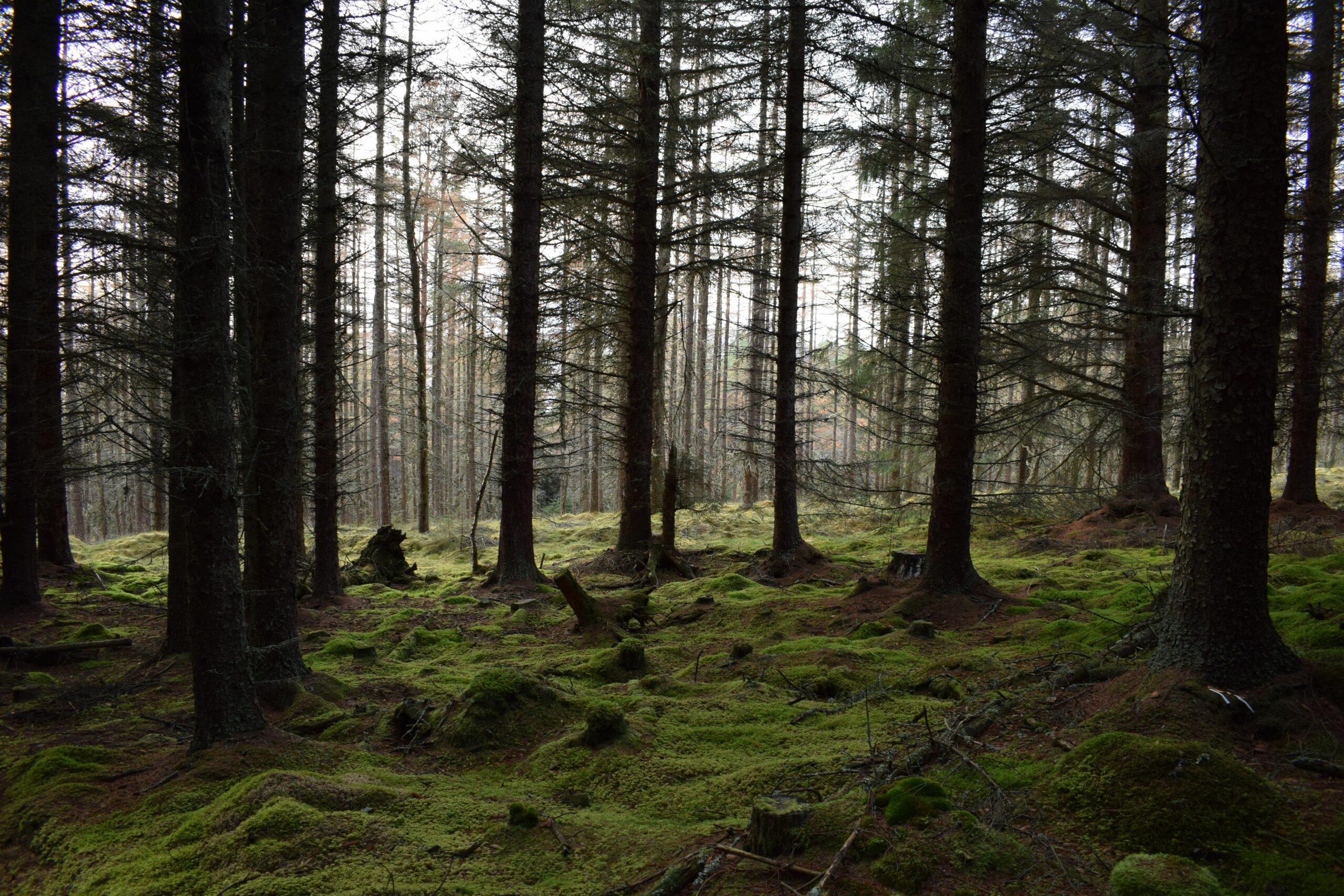
Agriculture, Forestry, and Other Land Use (AFOLU)
Photo by Ma Ti on Unsplash
The Agriculture, Forestry and Other Land Use (AFOLU) sector in Africa faces a range of interlinked challenges: being the continent’s economic driver, ensuring food security, and building up resilience to climate change while also keeping its emissions low. When addressing these challenges, additional factors – and opportunities – arise: incorporating local knowledge and improving equity, developing innovative technical solutions, and raising profits from international trade. The Africa LEDS Partnership prioritizes AFOLU in its strategic vision to help government representatives, farmers and research institutions jointly develop a vision for a productive, just, low-emission resilient sector – which aligns with NDC and LTS priorities.
In 2020, the Africa LEDS Partnership reinvigorated its work around AFOLU, which it has fostered since 2018. In this new phase, the AFOLU Community of Practice (CoP) focuses on common challenges and solutions for climate-smart livestock and soil organic carbon in Africa. These CoPs were designed and established in a highly participatory manner. They offer demand-driven support and foster learning and knowledge sharing.
Healthy soils are crucial for agricultural productivity and an are essential puzzle piece beneath our feet for addressing climate change. Soil Organic Carbon (SOC) plays an important role in soil fertility, water retention, and the ability of soils to absorb greenhouse gases (GHG). In order to harness the potential of SOC for development and climate action, the Africa LEDS and the LEDS GP co-designed and initiated a new CoP for SOC. In line with its member-driven, bottom-up mechanism, the coordinating team conducted a series of workshops in 2021 with experts and interested stakeholders. Jointly, they co-created the purpose, scope, and mission statement for the Community of Practice. The African-focused CoP is partnering with important and complementary actors in the SOC space such as 4per1000.
Livestock are critical in the mitigation and adaptation to climate change in Africa. At the same time, there are still huge technology, capacity building and finance gaps. To address this challenge, the Africa LEDS Partnership provides a space to amplify knowledge and partner on climate solutions in the livestock sector in Africa.
The LEDS GP provides targeted support where needs and opportunities meet. Accounting for 65% of rural smallholder employment and up to 20% of GDP, Zimbabwe’s livestock sector is crucial to its socio-economic development. After identifying the potential to transition to a more elaborate UNFCCC reporting system, the LEDS supported the Zimbabwe Climate Change Management Department (CCMD) through a virtual training on the topic in 2020.
In October 2021, the Africa LEDS co-convened the East Africa Livestock Regional Dialogues, which facilitated a discussion on mitigating methane emissions in livestock systems. The LEDS GP strives to enable regional collaboration – the events brought together governments, research institutions, and private sector actors from Burundi, Djibouti, Eritrea, Ethiopia, Kenya, Rwanda, Somalia, South Sudan, Tanzania, and Uganda as well representatives of regional institutions.
